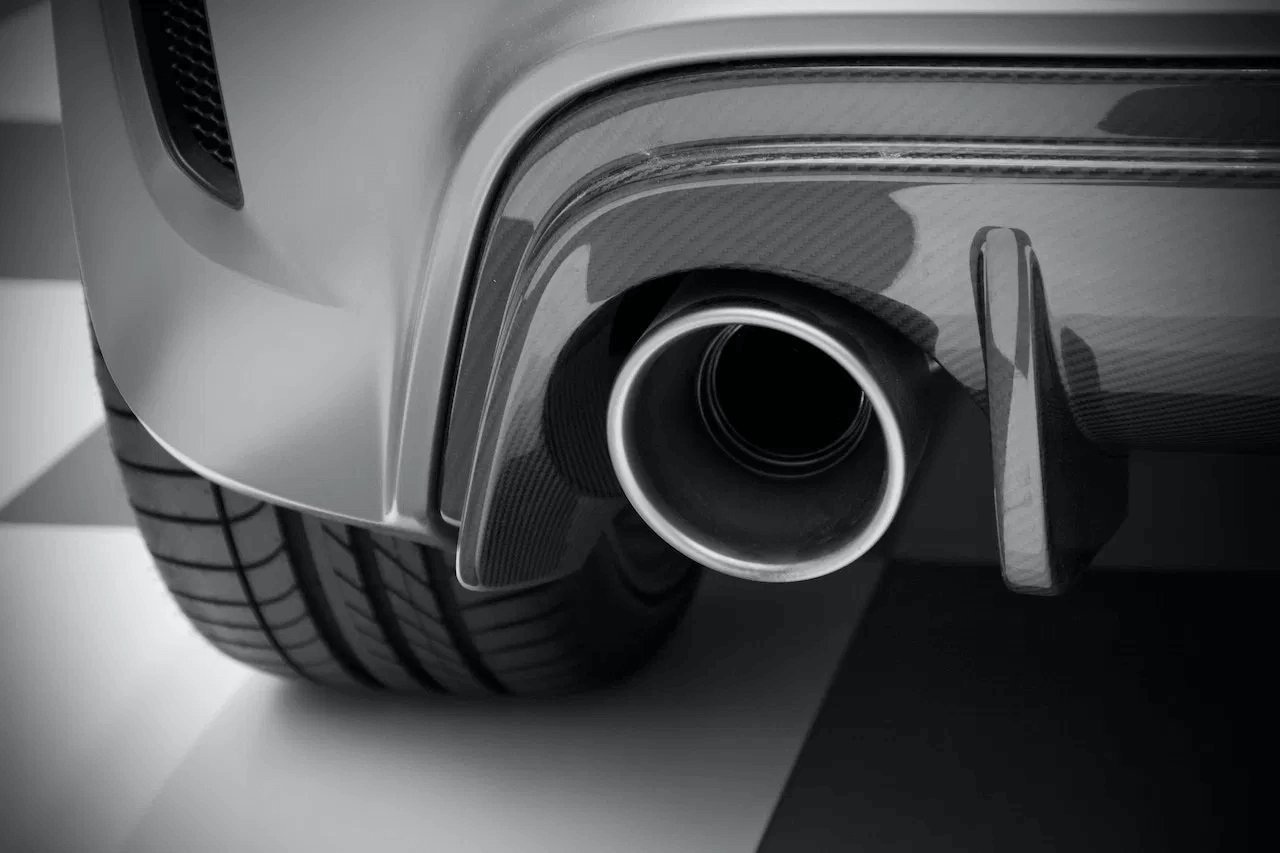Advanced emissions systems used in most of contemporary automobiles have been shown to burn harmful exhaust gases and reduce emissions. Better fuel economy & a more efficient engine are two more benefits of the emissions system for the vehicle. The majority of cars on the road today are equipped with sophisticated emissions control systems which employ a variety of oxygen sensors, computer systems, and exhaust system components to alert drivers to potential internal flaws. It would prove beneficial, nevertheless, if you did not rely only on this sort of technology, as problems sometimes occur. It is an excellent move to have your car evaluated as soon as it is possible if you think it may have an emissions issue, keep in mind to work on your car’s exhaust system as it is essential and if you need a nice exhaust system from reliable suppliers then visit exhaust systems UK.
What does my car’s emissions control system do?
The emission system in your car ensures that the engine runs effectively and cleanly under a variety of driving circumstances. The emissions light is a reliable indicator that there is an issue with the emissions system if it appears to be malfunctioning, operating poorly, in dire need of maintenance, or out of sync. The vehicle’s emission system uses a variety of sensors, computerised engine controls, as well as exhaust parts to regulate emissions, exhaust, along contaminants (including petrol vapours escaping from the fuel tank). The emission system significantly lowers the amount of dangerous chemicals, like carbon monoxide.
What Indicates Problems with a Car’s Emissions?
Not only may an emissions problem hurt the planet and make breathing difficult, but it may also affect your car’s fuel efficiency and lead to additional problems. Even if you are not scheduled for an emissions test, it is still crucial to be aware of any warning indications of possible car emissions problems. Among those indicators are a few of them:
Decreased Fuel Efficiency
Your fuel efficiency may be greatly impacted by your exhaust & emissions control systems. Let’s say that one of the fuel tanks, carburettor, catalytic converters, silencer or exhaust manifolds has an exhaust leakage or an emissions issue. Either of these scenarios could lead to a decline in mileage that would be easily discernible upon a per gallon basis. There are hundreds of car problems that may contribute to a lower MPG, that’s why it’s wise to take your car to a mechanic from a reputable auto repair shop who will diagnose the exact reasons for your low MPG.
Also Read: The Yellow Bronco: A Guide to Its Unique Characteristics
Engine Performance Loss
You are aware of the engine’s capabilities in your European car, so any decrease in performance is cause for concern. Regrettably, the emission control system is not the only cause of a decrease in engine efficiency. Engine performance is influenced by almost every system in your car, particularly the fuel, ignition, & combustion systems. Your engine’s performance could be impacted by gearbox issues as well, so get the issue looked at right away.
Dashboard Warning Lights
There are numerous reasons why the check engine light may appear, but emissions & exhaust issues are among the most frequent ones. Certain cars will flash certain warning lights to let you know if there’s an oxygen sensor problem or another emissions-related issue. You must have any warning light investigated as quickly as possible.
Negative Odours Coming From the Exhaust
When determining whether you have an automobile issue, your nose may serve as a trustworthy guide. If your exhaust smoke & smell are heavy or disagreeable, there could be a serious exhaust leak. Any odd scent in your car is to be taken seriously, particularly if it persists or gets stronger over time.
Weak Acceleration:
If your car seems to be performing worse overall, it may have emissions problems. You can feel weak & unsteady as you try to speed your vehicle along. When things aren’t quite right, it’s frequently apparent when driving. In manufacturing facility, if you feel pulsating within your erg, if your vehicle begins to stall, jerk, lose power, or accelerate more slowly than usual, this can call for a vast problem on your emission system which needs to be rectified. Taking your car for a regular drive exposes it to the field where it suffers tremendous and expensive destruction.
There’s a smell of petrol
Your car shouldn’t have any petrol odours coming from the outside or inside. It could indicate serious problems with the emission control system or other systems. To guarantee that harmful gases, such as carbon monoxide, are changed into safer gases before being discharged into the surroundings, vehicle emissions undergo purification. You have an emissions issue if your automobile smells like petrol, both inside and outside the cabin.
Final Words
Whether or whether you are scheduled for an emissions test, you should get the issues with your vehicle inspected & fixed if you notice any indications of emissions. Problems with emissions can affect the natural world and your well-being in addition to causing poor gas mileage and poor car performance.
